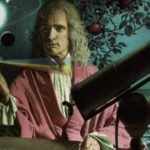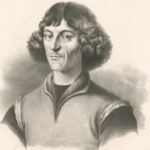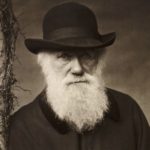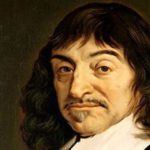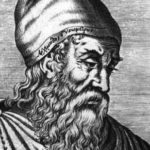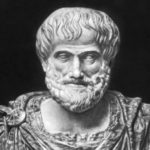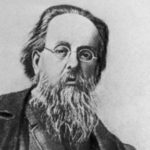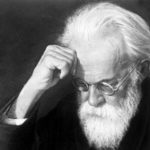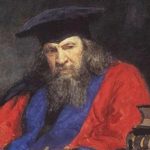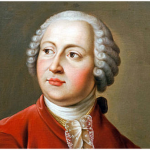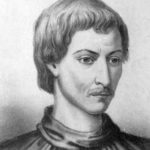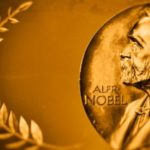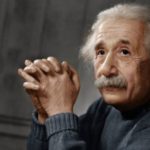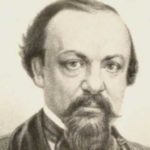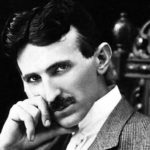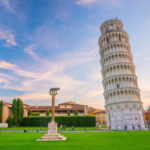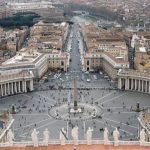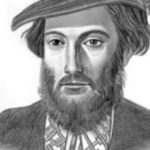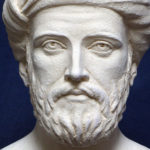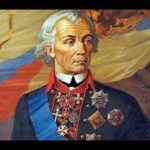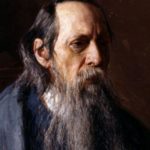Interesting facts about Galileo Galilei
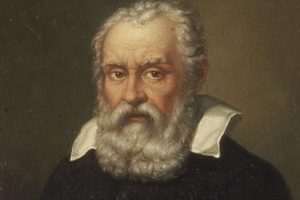 The Italian scientist Galileo Galilei is the author of perhaps the most important scientific discoveries of his time. Now, what he has come to with such difficulty seems obvious to us, but in those distant times it was necessary not only an extraordinary mind, but also courage to stir up a stagnant society and openly declare radically new ideas. Galileo had all this, therefore he forever inscribed himself in the history of the greatest minds of mankind.
The Italian scientist Galileo Galilei is the author of perhaps the most important scientific discoveries of his time. Now, what he has come to with such difficulty seems obvious to us, but in those distant times it was necessary not only an extraordinary mind, but also courage to stir up a stagnant society and openly declare radically new ideas. Galileo had all this, therefore he forever inscribed himself in the history of the greatest minds of mankind.
The great scientist came from an impoverished noble family. His family, in spite of its origin, corresponded to the peasants in terms of financial wealth.
After studying at school, Galileo Galilei intended to devote his life to the church. His father forbade him to become a priest. Seeing the sharp mind of his son, he wanted him to do science.
In addition to scientific activities, Galileo was fond of poetry. True, he became famous as a scientist, not a poet, but he wrote a lot of poems.
At the University of Pisa, he studied medicine and mathematics, but he did not have a chance to finish his studies, as his family did not have enough money for the next payment.
For his books, in which Galileo argued that the earth revolves around the sun, the scientist was judged by the Inquisition. He was accused of “reducing the authority of the Bible.” At the same time, the scientist himself always considered himself a religious person, and generally “a good Catholic”.
Galileo had three children from the same woman, whom, however, he never married.
For a long time no one believed the physical and astronomical discoveries of Galileo, since they strongly contradicted the picture of the world established in people’s minds.
It was Galileo Galilei who invented the telescope, and also the first to use it to observe the night sky. This scientist is the father of modern astronomy.
During the persecution of Nicolaus Copernicus by the Inquisition Galileo, whom the church dignitaries then treated loyally, personally tried to intercede for a fellow scientist, but did not succeed.
Galileo in his telescope saw craters and mountains on the surface of the moon. Before that, everyone believed, following the statement of Aristotle, that all celestial bodies have a completely smooth surface.
Galileo’s relationship with the Catholic Church finally deteriorated after his statement that the priests should be engaged in the salvation of souls, and not go into science. Shortly thereafter, the doctrine of the heliocentric system of the universe, which he promoted, was declared harmful and forbidden.
Officially, the Vatican recognized the persecution of Galileo for his ideas as a mistake only in 1992.
